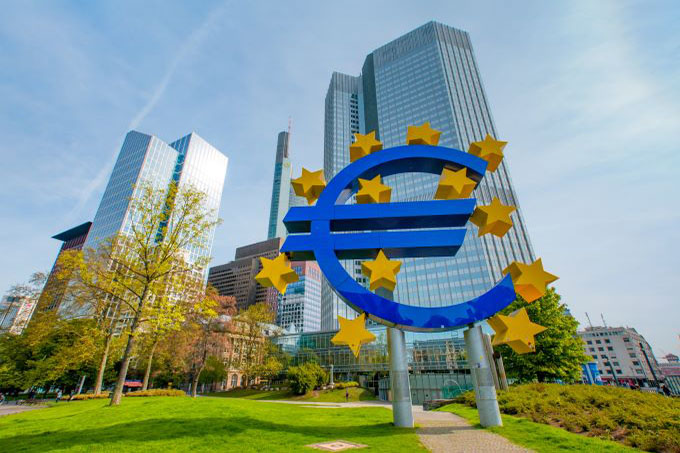The following are the most recent pieces of Forex fundamental analysis from around the world. The Forex fundamental analysis below covers the various currencies on the market and the most recent events, announcements, and global developments that affect the Forex market.
Most Recent
According to the Congressional Budget Office (CBO), a conservative estimate of the nation's debt for 2011 suggests that it will come in at 10% of GDP or $1.5 trillion.
Data just released by the UK’s Office for National Statistics (ONS) has revealed that the UK economy contracted by 0.5% in Q4 2010.
A projection just released for the debt situation facing Japan is that they could be in hock to the tune of ¥ 23 000 000 000 000 ($280 billion) by 2020, if things continue as they are.
Top Forex Brokers
Last week was another mixed affair for the world's major stock markets. Only the Dow and CAC managed to close up.
Switzerland has enjoyed extremely positive reputation for discrete financial services for a very long time. It has a very mature and sophisticated financial sector. The country has seemingly always been prosperous and economically stable and when war raged all around it, Switzerland steadfastly maintained its neutrality.
Brazil is the largest country in South America and has a GDP of about $1.5 trillion. The value of the Brazilian currency, the Real, has risen by 11.3% against the Euro over the course of the last twelve months, making her exports more expensive (and less competitive) in world markets. Inflation in Brazil is running at 5.9% and this is a problem for one of the world’s fastest-growing developing economies.
Figures releases by the Office for National Statistics reveal that UK inflation, measured by the consumer price index, rose by 0.4% in December to stand at 3.7%. The Bank of England is responsible for the monetary policy decisions which should keep inflation in check at, or below, its target value of 2%. In the aftermath of the global financial crisis, UK inflation has been above the threshold for the last 13 months by at least 1%.
One of the functions of the World Bank is to work towards the alleviation of poverty in the world’s nations. This is achieved, in part at least, by the provision of low interest, or interest-free loans for development projects. Between 2008 and 2010, the World Bank provided more than 100 billion Dollars in such loans.
Last week was a mixed affair for the world’s major stock markets. The FTSE and Nikkei closed down, but the others ended the week higher than they had started it. In Europe over the course of the week, the FTSE shed 0.29%, closing at 6002.1; the Dax rose by 1.4% to close at 7075.7; the CAC gained 2% to end the session at 3983.3.
Bonuses & Promotions
Governments use bonds as a mechanism of securing financing from the markets. Traditionally, government bonds have been regarded as a low risk investment vehicle since the prospect of default is remote. However, in the aftermath of the global financial crisis, national debt and the cost associated with it has come under scrutiny.
Germany has the biggest economy within the European Union and is the world’s second largest exporting nation behind China. After a pretty horrible 2009, figures just released for 2010 by the German national statistics office put growth at a provisional 3.6%. This is in stark contrast to the 4.7% contraction seen a year earlier.
The EU and IMF have underwritten bailouts to Greece and Ireland which total €195 billion over three years. Effectively, both nations will have access to guaranteed funds at an interest rate which is significantly lower than the market rate being demanded of them, but above the rates that some EU members themselves are charged in the bond market.
Subscribe
Sign up to get the latest market updates and free signals directly to your inbox.The yield on a bond is the amount of interest that the issuer will pay to the investor for purchasing the debt. The higher the investment grade of the bond is, the more certain it is that an investor will be repaid his money when the bond falls due and, consequently, the lower the yield.
Last week saw all of the world’s major stock close higher than they had started the week. In Europe over the course of the week, the FTSE made 0.22%, closing at 984.3; the Dax rose by 0.49% to close at 6947.8; the CAC gained 0.38% to end the session at 3865.6.
Towards the end of last year, various economic indicators suggested that the US economy had been performing better than expected. This has led to speculation in some quarters that plans the US Federal Reserve announced in November for a second round of quantitative easing would be put on hold.




